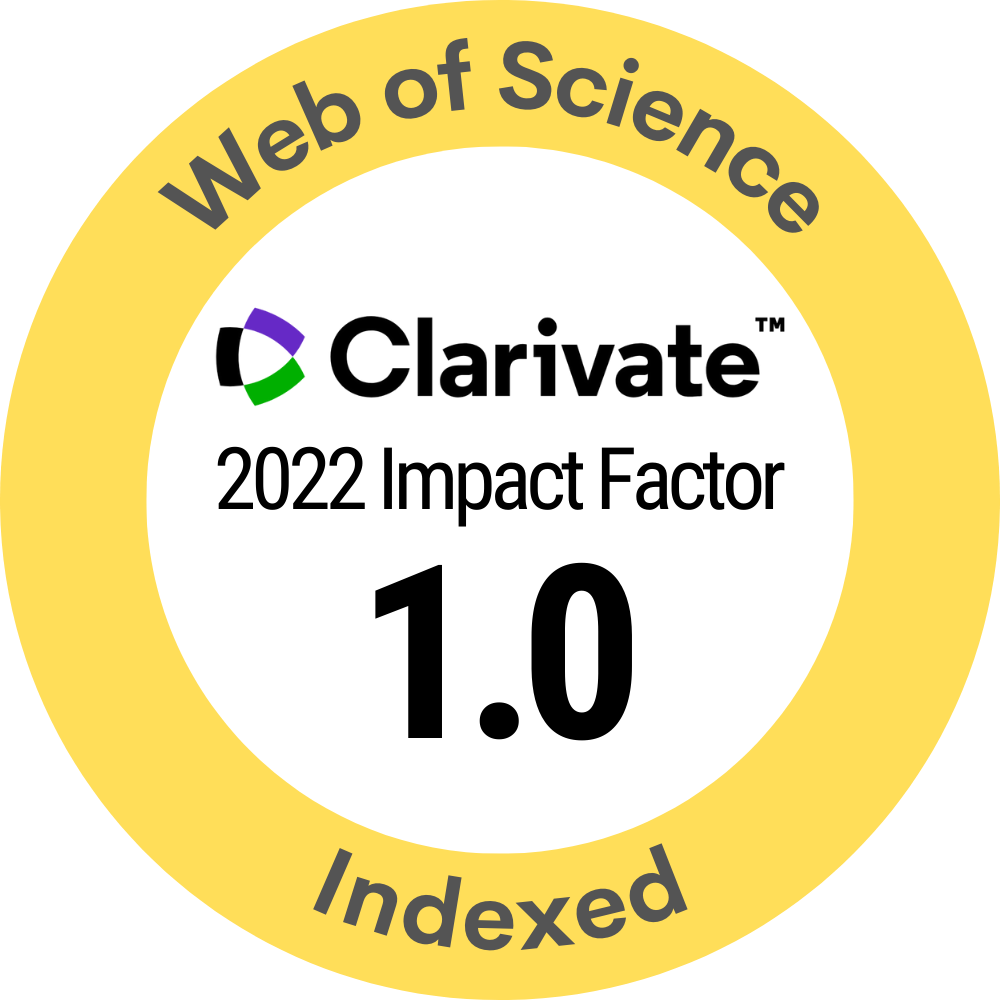Particle Swarm Optimization-Based Model-Free Adaptive Control for Time-Varying Batch Processes
DOI:
https://doi.org/10.15282/ijame.21.2.2024.7.0870Keywords:
Adaptive control, Batch process, Human-robot interaction, Model-free, Nonlinear process, Particle swarm optimizationAbstract
The batch process is a production process with strong nonlinearity, which usually suffers from time-varying parameters and uncertainty of disturbances. Concerning the mentioned problems, this study proposes to investigate the application of the particle swarm optimization-based model-free adaptive control (PSO-MFAC) method for time-varying batch processes. Model-Free Adaptive Control (MFAC) is a data-driven control method, which is one of the promising methods to solve the nonlinear process. Firstly, a Full Form Dynamic Linearization Model-Free Adaptive Control method has been adopted for the control of batch processes. Further, considering that the adopted model-free adaptive control involves seven control parameters, such as cognitive scaling factor (φ1), social scaling factor (φ2), inertia weight (φ3), learning rate (η), control parameter update rate, exploration rate and learning rate for MFAC obtained by a particle swarm optimization (PSO) algorithm in combination with a criterion function performance index. Finally, by comparing it with the existing methods, a typical batch fermentation was applied to verify that PSO-MFAC had a good control effect. The findings indicate that the PSO-MFAC controller exhibits a preference for exploiting the optimal option due to its φ3 value less than 0.1. The efficacy and feasibility of the PSO-MFAC control effect have been proven by obtaining the lowest integral square error (ISE) value of 1.1192 regarding the nonlinearity of the batch process due to time-varying challenges.
Downloads
Published
Issue
Section
License
Copyright (c) 2024 The Author(s)

This work is licensed under a Creative Commons Attribution-NonCommercial 4.0 International License.







